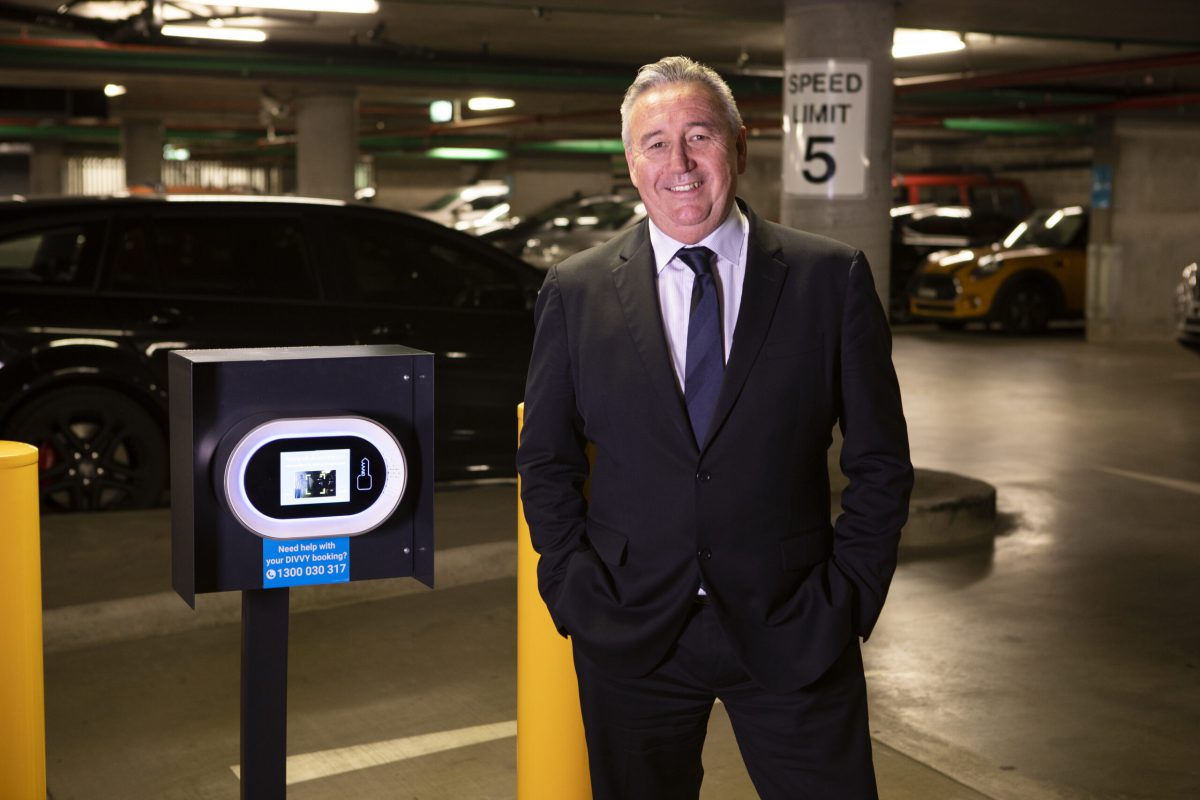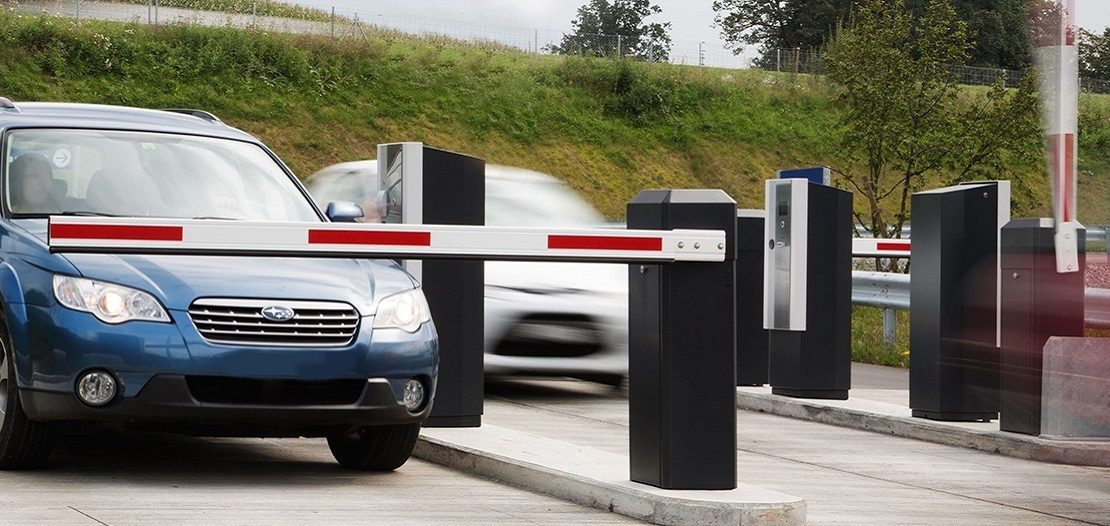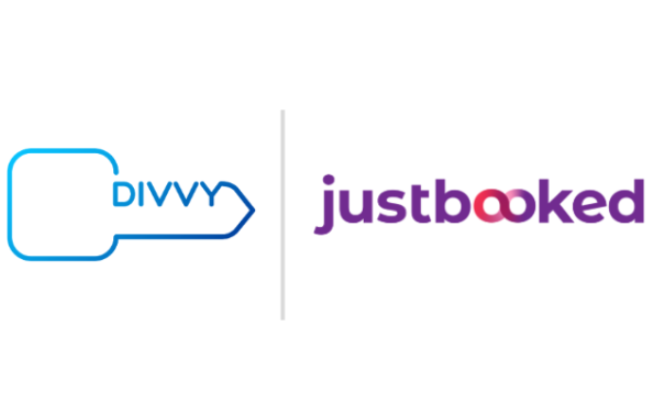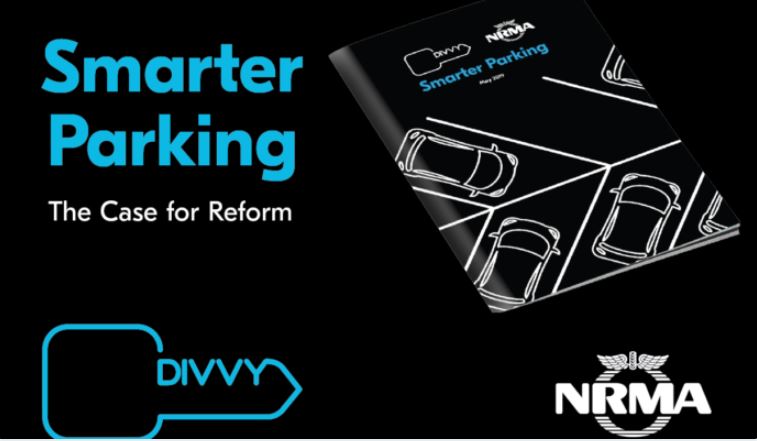Picture this. It’s 7.30am on a Tuesday. You jump in the car, setting out on your commute to work. Your car or your phone provides you with a warning about an earlier accident on your usual route and guides you on a detour specially designed to avoid the banked-up traffic.
Once you arrive at the carpark, the boom gate lifts as you approach – no pull ticket or access pass necessary. Your credit card will be automatically charged based on the length of your stay and frequency of visits. You’re then directed by your car or phone to the nearest available car space, one that is guaranteed to be the right size for your big electric SUV. Getting out of the car, you approach the lift as the doors open. There’s no need to rush – the lift knew you were coming and it’s waiting for you.
This is what our mornings will soon look like, thanks to the Internet of Things. The Internet of Things (IoT) is a concept that describes a totally interconnected world. It’s a world where devices of every shape and size are manufactured with ‘smart’ capabilities that allow them to communicate and interact with other devices, exchange data, make autonomous decisions and perform useful tasks based on pre-set, but adaptable, conditions. It’s a world where technology will make life richer, easier, safer and more comfortable.
The Internet of Things is simply the logical next step in an evolutionary process. The fact is that the technological building blocks of the IoT—including microcontrollers, microprocessors, environmental and other types of sensors, and short range and long-range networking communications – are already in wide-spread use today.
The IoT, which provides a platform for acceleration of the rate of development of existing technologies further, simply adds one additional capability – a secured service infrastructure – to the evolving technology mix. Such an infrastructure will support the communication and remote-control capabilities that enable a wide variety of Internet-enabled devices to work together, resulting in scenarios like your commute described above. And it is big business – a study by McKinsey estimates that the IoT will contribute between $40 – $100 billion to the Australian GDP by 2025.
Life with the IoT contributes to the rise of ‘smart cities’. A smart city uses data and technology to improve the lives of the citizens and businesses that inhabit it. The ‘smart’ in smart cities is about the ability of numerous interconnected devices to collect data derived from our actions, reactions, journeys, preferences, wants and needs, the products we buy, the services we use, the places we go to and the places we don’t go to, and deliver this data to a cloud location. That data is then distributed to analysts or AI-enabled servers that process the data, draw conclusions and deliver an improved life experience back to us.
There is no shortage of discussion on the possibilities presented by the IoT. From smart buildings to home automation, from fitness trackers to connected gyms and from info-bots at airports to border security search and discover, there are myriad ways our lives could be changed by the mass use of interconnected sensors embedded in everyday objects.
From the perspective of parking, the IoT solutions offer real benefits. Ultimately, it means that people will spend less time in cars. This will contribute to an uplift in productivity and will give people more leisure time. Fewer vehicles on the road means a reduction in traffic congestion, which means fewer accidents and less stress. It also means less pollution. Additionally, less time spent circling looking for a car park means less vehicle emissions.
So, we see that individual customers as well as the greater community benefit when parking is enhanced by the IoT. But what can the IoT offer building owners? Data. And with data comes insight. The days of installing ‘dumb’ parking access control devices are numbered. Property owners are already realising data streams about visitors to other parts of their buildings thanks to IoT integration, and they rightly expect the same level of insight from their carpark.
Car parking in the age of the IoT has the capacity to offer a rich stream of data relating to building tenants and visitors and their habits and needs. This can give our property owner customers the ability to build-to-demand and to design the buildings of the future – truly smart buildings.
As a tech-based company, DIVVY considered how to best deliver our products into the smart cities environment and soon realised that smart cities need not only best-in-class tech devices, but the connectivity that only IoT platforms can provide. We made the choice to build our complete parking access control platform and hardware management software solution in the Microsoft Azure IoT platform. Microsoft’s Azure IoT operating system provides an unprecedented level of security for IoT connected devices.
We have also released a new input / output controller built with a Microsoft Azure Sphere IoT chip included as the secure core of the device. We’re proud to say that this world-first controller was designed and developed in-house at DIVVY here in Australia. We recently released the new device at Microsoft’s IoT In Actionconference in Auckland, which we attended in conjunction with our partner Avnet, a global leader in electronic components, services and embedded solutions. DIVVY is Microsoft’s very first Australian partner to provide an IoT turn-key product with an embedded Microsoft Azure Sphere IoT secure chip.
What is the likely impact on the parking industry as a result of IoT development and the continued advance of smart cities? In a word – collaboration. If other industries are a model for us to consider, then it is likely that in the future each parking company will narrow its focus to its specialty skills – whether they be hardware, software or other – and collaborate with other existing companies in the sector who can provide the complementary skills to make up the whole package.
This may seem unlikely at present as we all rush to protect our market share in the existing environment. However, if we look at the auto industry in the US or Europe, the global aircraft industry, or almost any of the transport industries across the world, we find that major contracts are supplied by collaborative partners that each provide the element that they do better than others and together, they deliver to the customers’ expectations.
Today’s consumer has an unprecedented level of choice. Smart phones and tablets provide access to mapping and aggregation platforms that hand power to the consumer when selecting their transactional partner for every dollar they spend. User experience and customer journey are already the judgement criteria for the goods and services we, as members of the parking industry, provide.
The parking industry’s ability to seamlessly integrate with all of our customer’s touchpoints will depend on our ability to evolve, collaborate and embrace the IoT platforms that will enable us to become an integral part of the core infrastructure of the smart city and an asset to the smart populace.
For further information, please contact Kat Fowler, DIVVY’s Marketing and Communications Manager at kat@divvy.com.au.



